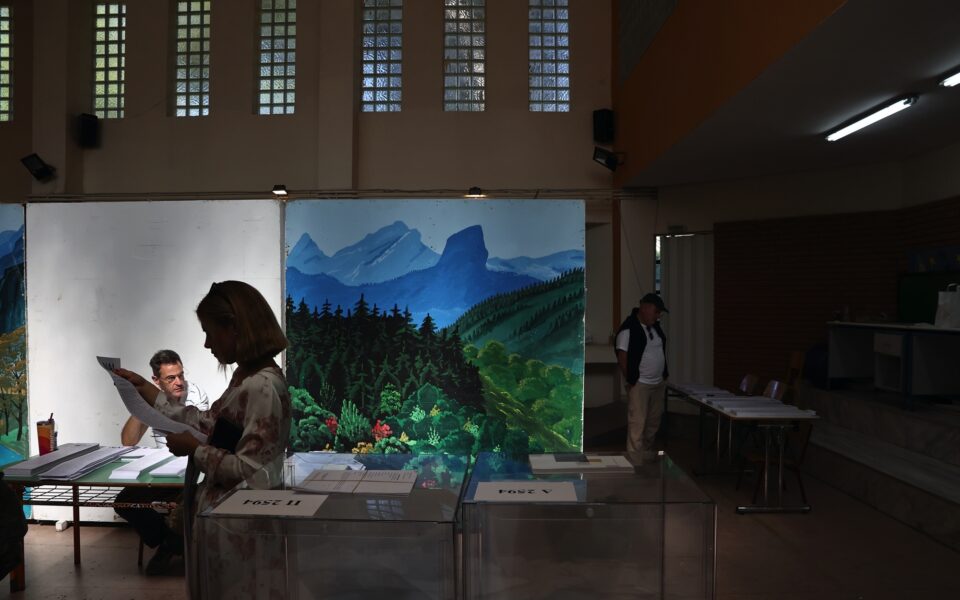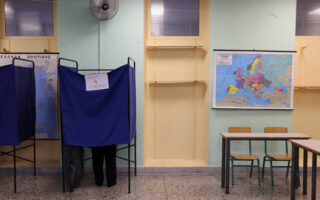What Sunday’s low turnout tells us

Former New Democracy minister Nikos Hardalias rocked the local elections last Sunday. He was elected regional governor of Attica in the first round of voting with 46.7%, when just four years ago, his fellow ND predecessor, Giorgos Patoulis, got 37.6% and had to fight it out in the second round against leftist SYRIZA’s Rena Dourou. On the other hand, though, Hardalias garnered 583,203 votes against Patoulis’ 599,872.
That is not to say the former Attica regional governor would have been a more suitable choice of candidate for New Democracy; he probably would have done a lot worse, both in number and percentage. Nor, of course, would he have been the best choice for Attica: We have quite enough tiny flower beds with two meters of grass and a few clusters of peonies garnished with huge signs stating that they’re the “work of the Attica Regional Authority.”
The numbers do, however, confirm the saying that statistics are like miniskirts, in that they give you a good idea but hide the important parts. What the numbers are hiding here is the extremely low turnout in Sunday’s election, a subject few seem willing to broach. The conversation from the politicians seems to be only about who won what. “We gained X many regions,” says one side. “Yes, but we gained X many municipalities,” says the other. “We strengthened our overall presence,” says a third group. But dare say something about the abstention rate and they all brush it off and return to their previous train of thought.
A million fewer people cast a ballot in last Sunday’s local and regional elections compared to 2014, a 20% drop
So why was turnout so low? First of all, the number of people who participate in local elections has been constantly shrinking. A million more people cast a ballot in the local and regional elections of 2014 compared to last Sunday, at 6.1 million against 5.1 million. Perhaps it’s also fatigue among the electorate – plus the cost of traveling back home for many, which is not negligible – as we also had two rounds of national elections less than six months ago.
There’s another explanation, however, that the government should not overlook as it celebrates its victories: that maybe the low turnout was the message itself. Perhaps voters who feel that there is no other option apart from New Democracy are punishing the government not by voting for another party’s candidates, but by not turning up to vote at all. This explanation is strengthened by the fact that abstention was much larger in big cities than in smaller towns and villages, many of whose constituents were too tired or too broke to go back to for a third time to vote.
If this is indeed the case, then things are very bleak – and not just for the political system.





